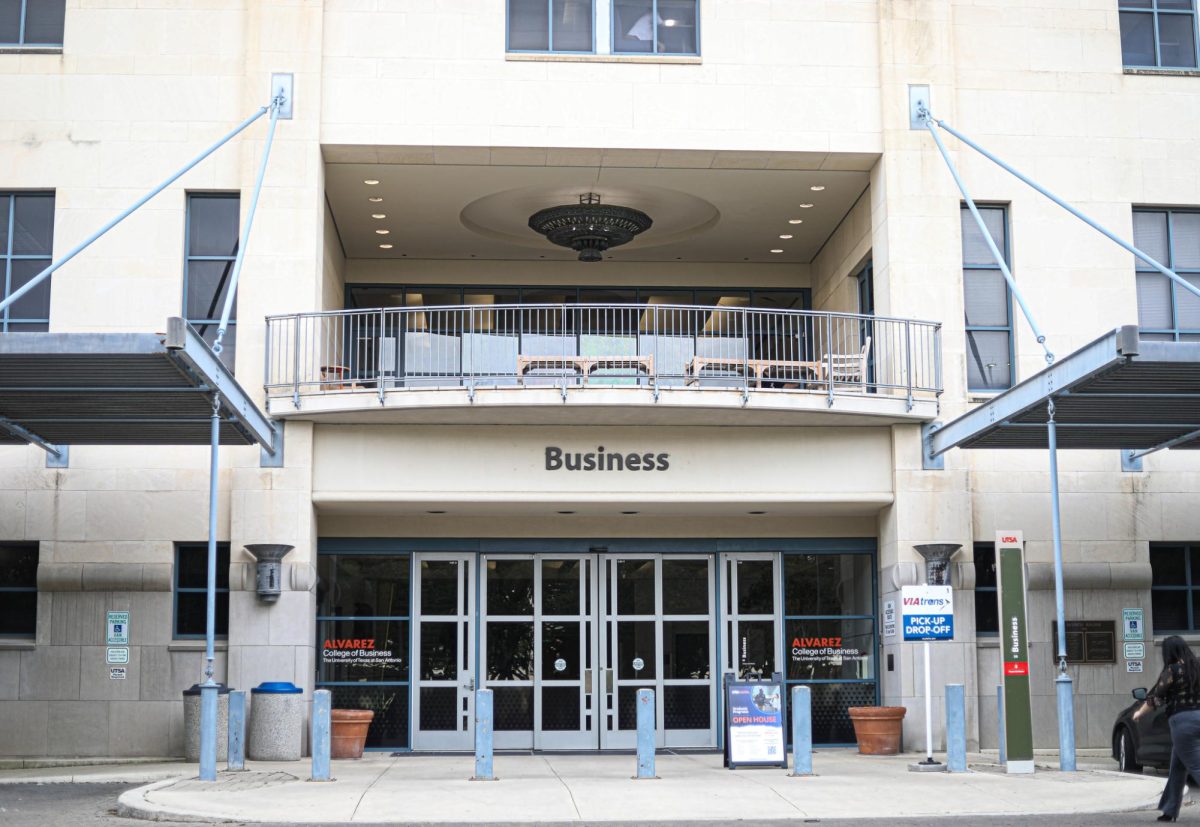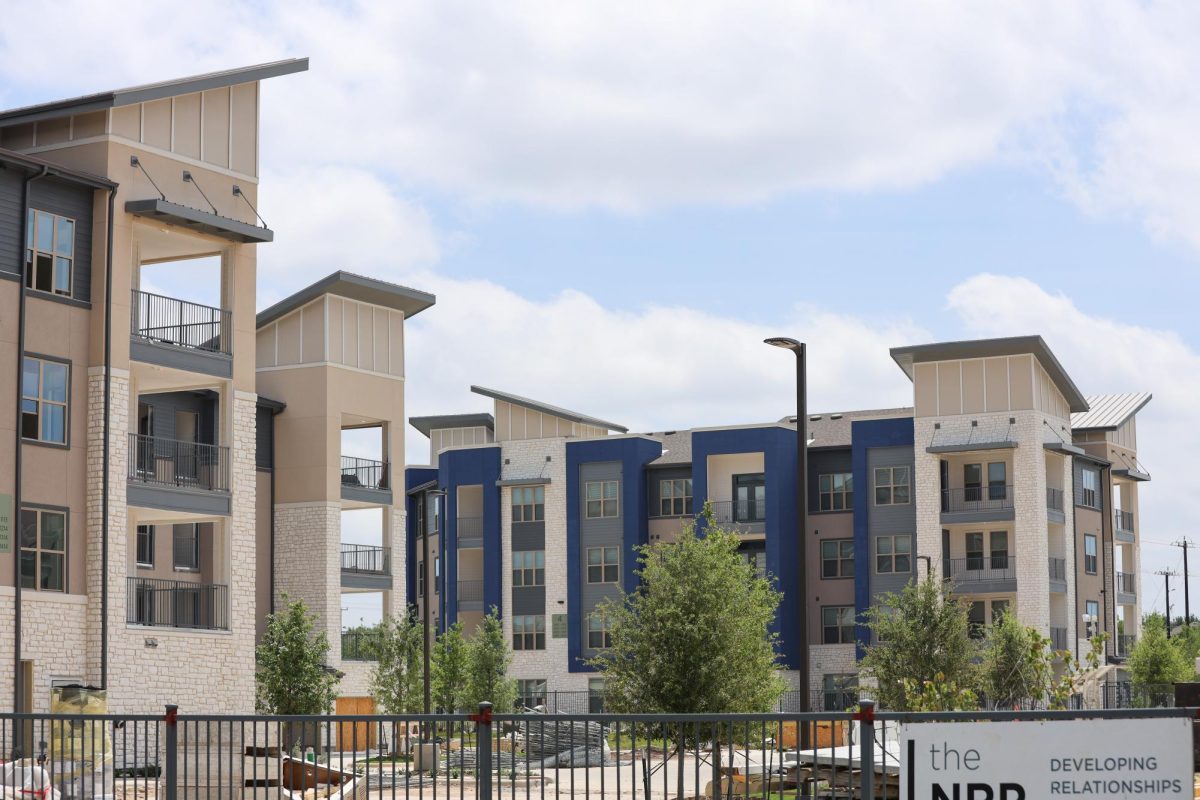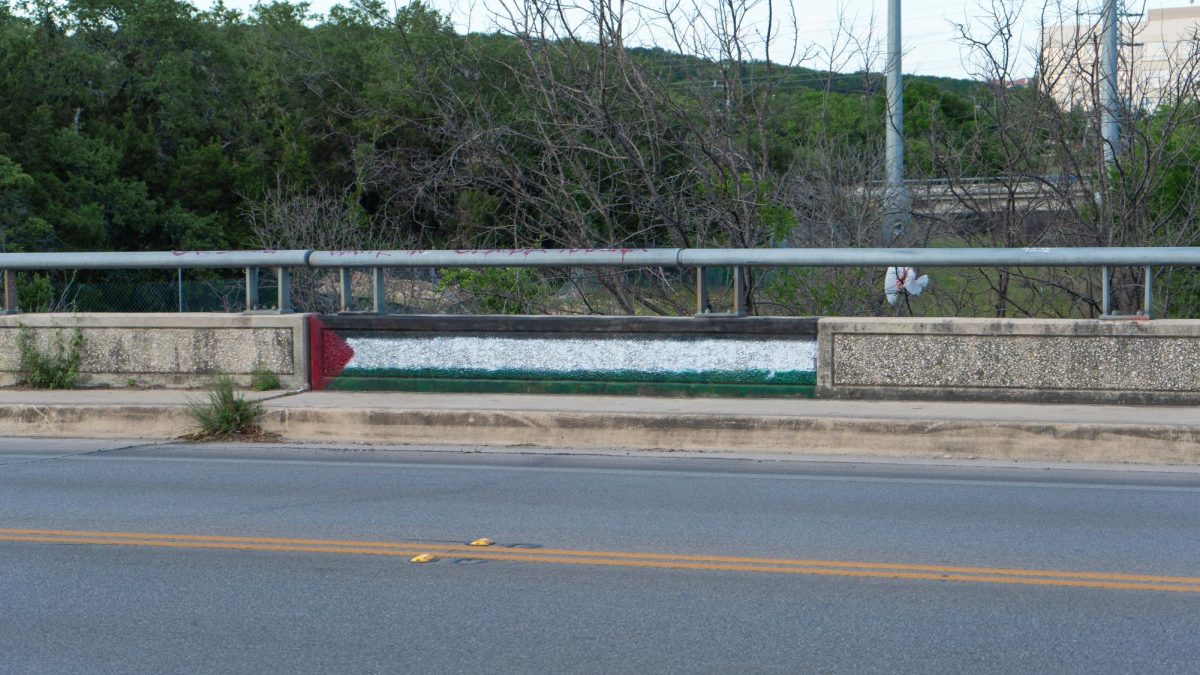According to a report by Bridging Refugee Youth and Children’s Services (BRYCS), a project of the United States Conference of Catholic Bishops and Refugee Services, and researchers at The University of Texas at Austin Center for Social Work Research, between October 1998 and September 2003, the U.S. resettled 465,967 refugees. Eighteen hundred of those were resettled in Travis and Bexar counties in Texas. Refugees that settled in these areas represented 23 countries, with the largest groups immigrating from Afghanistan, Bosnia, Cuba, Iran, Sudan and Vietnam.
In San Antonio, Catholic Charities Archdiocese of San Antonio (CCASA) is the only resettlement agency for refugees. During an interview, Christina Schoonover, the development coordinator at the CCASA, gave a brief history of the organization, the demographic of the immigrants they have helped and what services they provide. She said that, prior to 1979, the majority of refugees brought to their organization were from Vietnam and Laos, but now come Myanmar and Afghanistan. Other countries that a significant amount of refugees come from are Congo, Chad, Iraq, Eritrea and Somalia.
The refugee service team at CCASA provides refugees with a home, helps them learn English and helps them find jobs. Most jobs provided to them are in the produce and factory job sector.
Apart from the CCASA, there are other organizations in San Antonio dedicated to helping refugees make a smooth transition into everyday life. The Center for Refugee Services (CRS) in San Antonio is a nonprofit agency whose mission is to promote the wellness, self-sufficiency and successful community integration of resettled refugees and their families. According to their website, the CRS helps refugees with basic needs like clothing, household items, furniture and food, as well as referrals to other local services.
There is no official poll on the percentage of San Antonio natives who are supportive of immigrants, refugees and asylum seekers. However the residents that support immigrants are very vocal and go out of their way to make San Antonio a more hospitable place for immigrants and refugees. Nancy and Scott Hagerup, a Christian couple living in San Antonio, made their house a home for Leonia Espe, a Congolese refugee woman who left her village five years ago and came to the United States after Hutu rebels destroyed her home, imprisoned her husband and raped and murdered her daughters. It wasn’t just the Hagerups who offered help to Espe. After the San Antonio Express-News published Espe’s story about her struggle after relocating to San Antonio as a refugee, readers of the newspaper sent in food, clothing and money to support her.
Although a large number of San Antonio residents are accepting toward immigrants and refugees, San Antonio’s immigration court is more strict when admitting refugees. According to a report on asylum decisions by the Transactional Records Access Clearinghouse (TRAC), Judge Gary D. Burkholder’s denial rate of asylum petitions is 88.2 percent, Judge John D. Carter’s is 67.0 percent Judge Glenn P. McPhaul’s is 50.8. All are above the national denial rate of 50.6. The only progressive immigration judge in San Antonio is Judge Margaret Burkhart with a denial rate of 33 percent.
The UT Health Science Center in San Antonio started the San Antonio Refugee Health Clinic, an acute-care clinic developed to address the health and social needs of about 5,000 immigrant refugees living in northwest San Antonio. According to the organization’s website, the primary goal of this clinic is to serve as an initial trustworthy location for refugees to overcome their inhibitions and adequately address their health care issues and social needs.
On Sept. 6, students from the University of Texas Health Science Center (UTHSC) at San Antonio School of Nursing offered a workshop in finding employment and making ends meet.
Roseann Vivanco, a professor from UTHSC told the San Antonio Express-News, “Only the rich and entitled had access to health care. The majority of refugees had to wait for an agency to arrive for medical help.”











